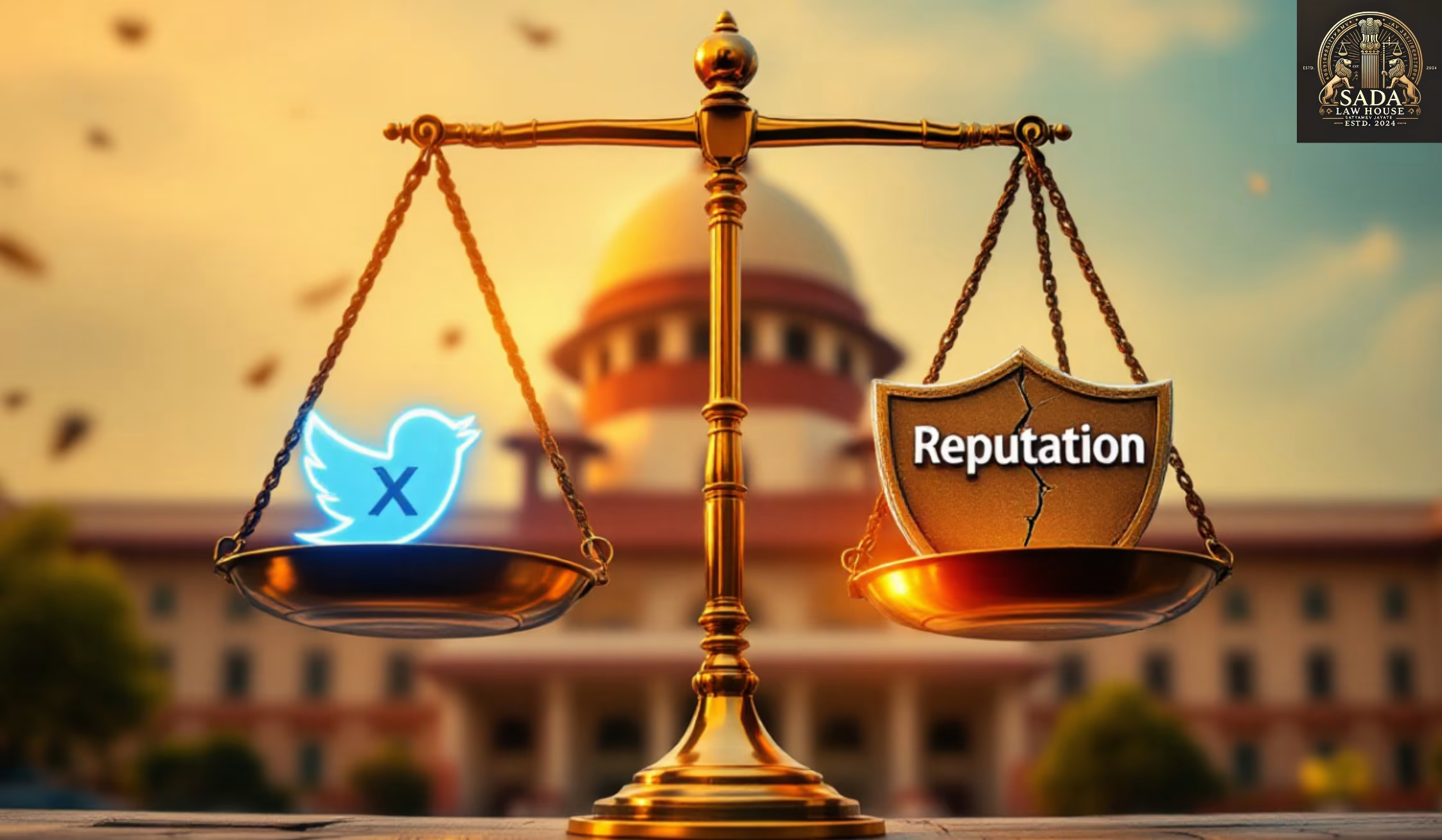Delhi High Court: Social Media Users Liable for Defamation, Freedom of Speech Has Limits
- KASHISH JAHAN
- 27 June 2025

The Delhi High Court emphasizes that social media users must face legal consequences for defamatory content. This key case highlights the limits of freedom of speech and the growing legal scrutiny of online behavior.
Delhi High Court Rules: Social Media Users Must Be Accountable for Defamation
In a landmark statement, the Delhi High Court has asserted that individuals using social media to spread defamatory content must be held legally responsible. The court strongly emphasized that the right to free speech does not grant permission to publish baseless or harmful allegations online.
Background: Viral Defamation Through Instagram Stories
The case that prompted this reaction involved a woman who publicly accused a man of misconduct via Instagram stories. These posts quickly went viral, sparking widespread attention. In response, the accused man filed a defamation lawsuit, asserting that the allegations were false and had severely affected both his career and personal life.
The court made it clear that online platforms are not beyond the reach of the law. Viral content, while easy to spread, can have severe and irreversible real-world consequences.
Trial by Internet: Court Warns Against Public Convictions Online
Justice Swarana Kanta Sharma criticized the growing trend of social media trials, stating that public platforms must not replace legitimate courts of law. She cautioned:
“Social media trials often convict someone even before a fair investigation.”
The judge added that if online users are not held legally accountable, digital spaces could devolve into lawless zones of misinformation and personal attacks.
Legal Takeaway: Defamation, Free Speech, and the Digital Age
This case highlights a critical legal and social issue: the balance between freedom of expression and protecting personal reputation in the age of digital communication. It underscores the importance of IT laws in India and civil defamation statutes, particularly when applied to fast-moving digital platforms like Instagram, Twitter, and Facebook.
The court’s upcoming ruling is expected to influence future jurisprudence on digital defamation and serve as a guiding precedent in similar cases.






